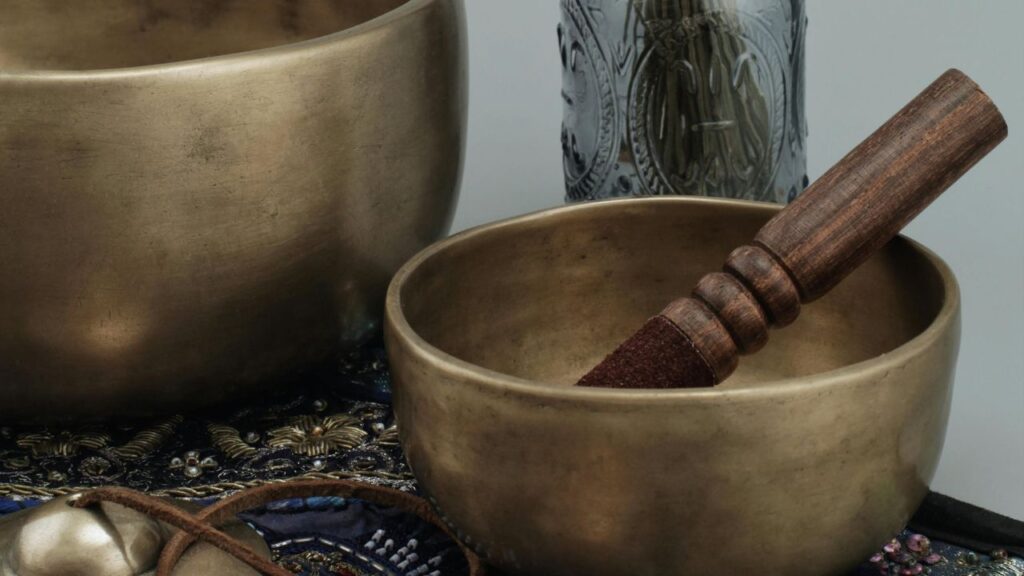In the challenging journey of addiction recovery, individuals often seek holistic approaches to complement traditional treatment methods. Two practices that have gained significant recognition for their positive impact on recovery are yoga and meditation. At JourneyPure At The River, we integrate these powerful tools into our comprehensive treatment programs for those who prefer those methods of mindfulness, recognizing their potential to support lasting recovery and overall well-being.
Stress Reduction: A Key to Recovery
One of the primary benefits of yoga and meditation in addiction recovery is their ability to reduce stress. Stress often acts as a trigger for substance use, making stress management crucial for maintaining sobriety. Yoga and meditation techniques help individuals develop a greater sense of calm and equanimity, even in challenging situations.
Specific yoga practices, such as gentle Hatha yoga or restorative yoga, focus on slow, deliberate movements combined with deep breathing. These practices activate the body’s relaxation response, lowering cortisol levels and promoting a sense of peace. Similarly, mindfulness meditation teaches individuals to observe their thoughts and feelings without judgment, reducing the impact of stress-inducing thought patterns.

Improved Emotional Regulation
Many individuals turn to substances as a way to cope with difficult emotions. Yoga and meditation offer healthier alternatives for emotional regulation. Through these practices, individuals learn to observe their emotional states without immediately reacting to them.
Yoga postures (asanas) often evoke various emotional responses. By staying present with these emotions during practice, individuals develop the capacity to tolerate discomfort without seeking escape. This skill translates directly to managing cravings and emotional triggers in daily life. Meditation practices like loving-kindness meditation (metta) can help cultivate positive emotions, counteracting the negative emotional states often associated with addiction and recovery.
Increased Self-Awareness
Both yoga and meditation foster increased self-awareness, a critical component of successful recovery. Through regular practice, individuals become more attuned to their physical sensations, thoughts, and emotions.
In yoga, the focus on the breath and body sensations during different postures helps individuals reconnect with their physical selves, often after years of disconnection due to substance use. This bodily awareness can serve as an early warning system for stress or emotional distress, allowing for proactive coping strategies.
Meditation, particularly mindfulness meditation, trains the mind to observe thoughts and feelings without getting caught up in them. This metacognitive awareness helps individuals recognize triggering thought patterns or cravings early on, providing an opportunity to implement coping strategies before a potential relapse.
Enhanced Physical Health
The physical benefits of yoga complement the psychological aspects of recovery. Regular yoga practice improves flexibility, strength, and balance, helping to repair some of the physical damage that may have occurred during active addiction. Moreover, yoga can help alleviate common withdrawal symptoms such as muscle tension and insomnia. Practices like Yoga Nidra, a guided relaxation technique, can significantly improve sleep quality, which is crucial for physical and mental recovery. The physical exertion in more active forms of yoga, such as Vinyasa or Power Yoga, can also serve as a healthy outlet for excess energy and a natural way to boost mood through the release of endorphins.

Specific Practices for Recovery
There are a variety of yoga and meditation practices that can help support recovery:
- Breath-focused yoga: Practices like Pranayama (yogic breathing exercises) help individuals manage anxiety and cravings by promoting relaxation and mindfulness.
- Trauma-sensitive yoga: This approach emphasizes choice, safety, and body awareness, making it particularly beneficial for individuals dealing with co-occurring trauma and addiction.
- Mindfulness-Based Relapse Prevention (MBRP): This program combines mindfulness practices with cognitive-behavioral relapse prevention strategies.
- Body scan meditation: This practice promotes body awareness and relaxation, helping individuals reconnect with their physical selves.
- Guided imagery meditation: This technique can be particularly helpful in managing cravings and visualizing a positive, sober future.
Integration into Holistic Treatment
At JourneyPure At The River, we believe in a holistic approach to addiction treatment. Yoga and meditation are not standalone solutions but powerful components of a comprehensive recovery program. Our approach also includes education on how to incorporate these practices into daily life after treatment for some of our patients. We provide resources and guidance for continuing yoga and meditation practice as part of a long-term recovery strategy.
Get Help Today
Yoga and meditation offer a wealth of benefits for individuals in addiction recovery. From stress reduction and improved emotional regulation to increased self-awareness and enhanced physical health, these practices provide valuable tools for navigating the challenges of recovery and building a fulfilling sober life.
At JourneyPure At The River, we’re committed to providing our clients with a comprehensive toolkit for lasting recovery. By incorporating yoga and meditation into our treatment programs, we empower individuals to cultivate inner peace, resilience, and self-awareness–key ingredients for a successful recovery journey.
Ready to explore how yoga and meditation can support your recovery journey? Contact JourneyPure At The River today at 629-222-9449 to learn more about our holistic approach to addiction treatment.
